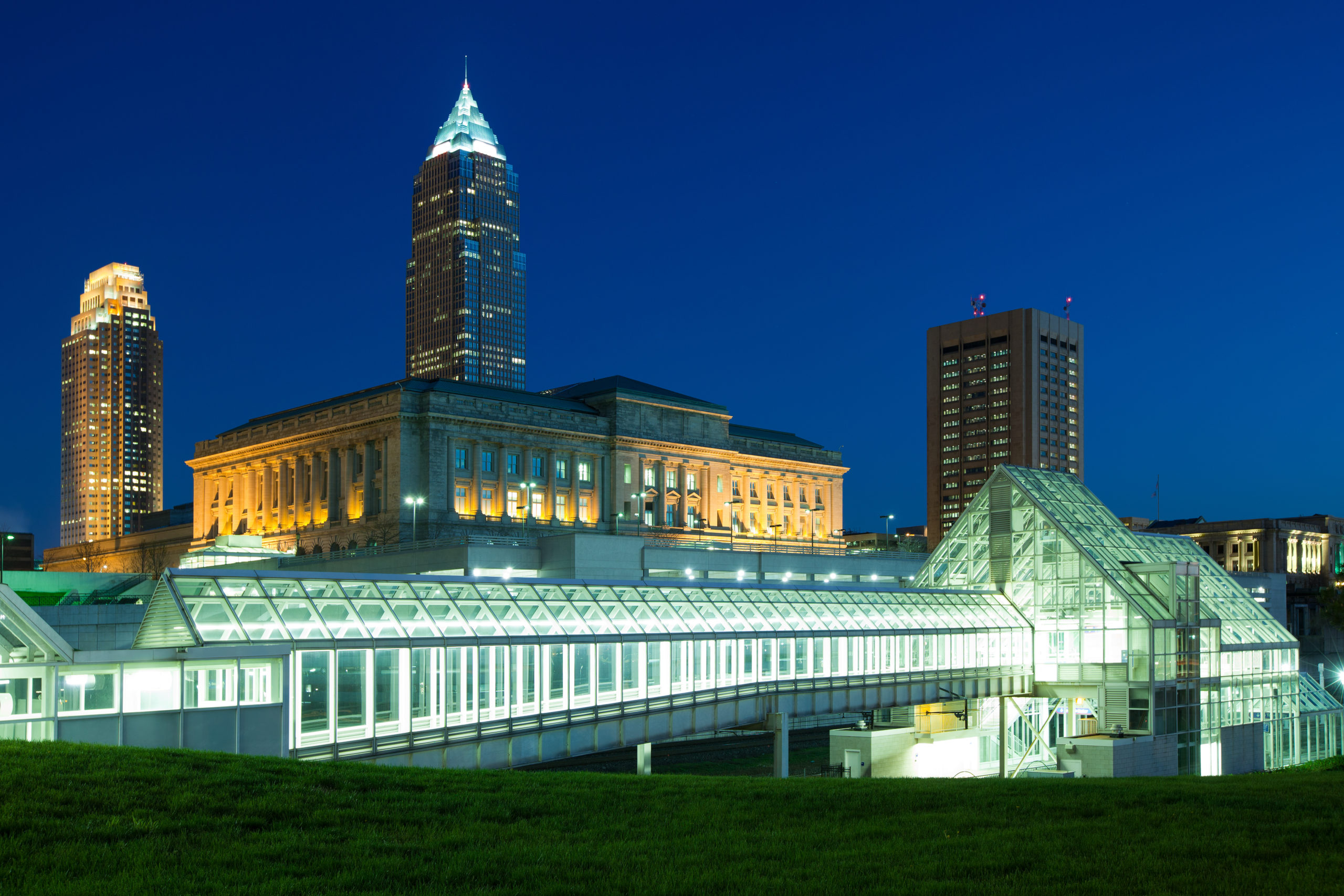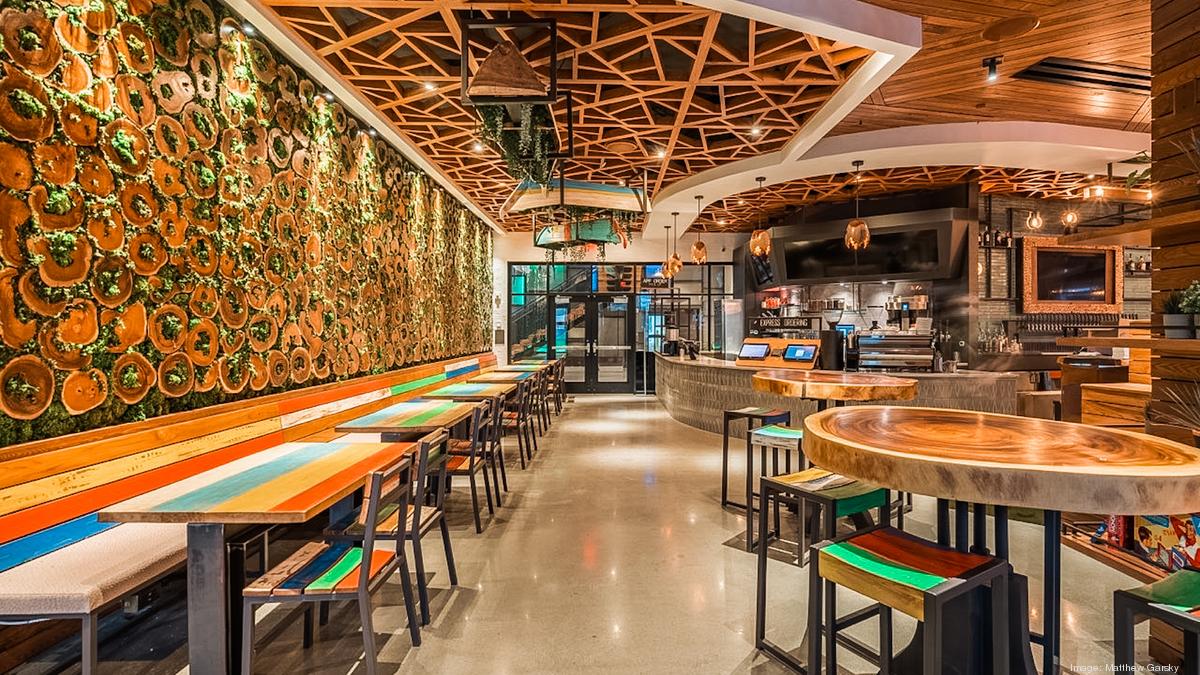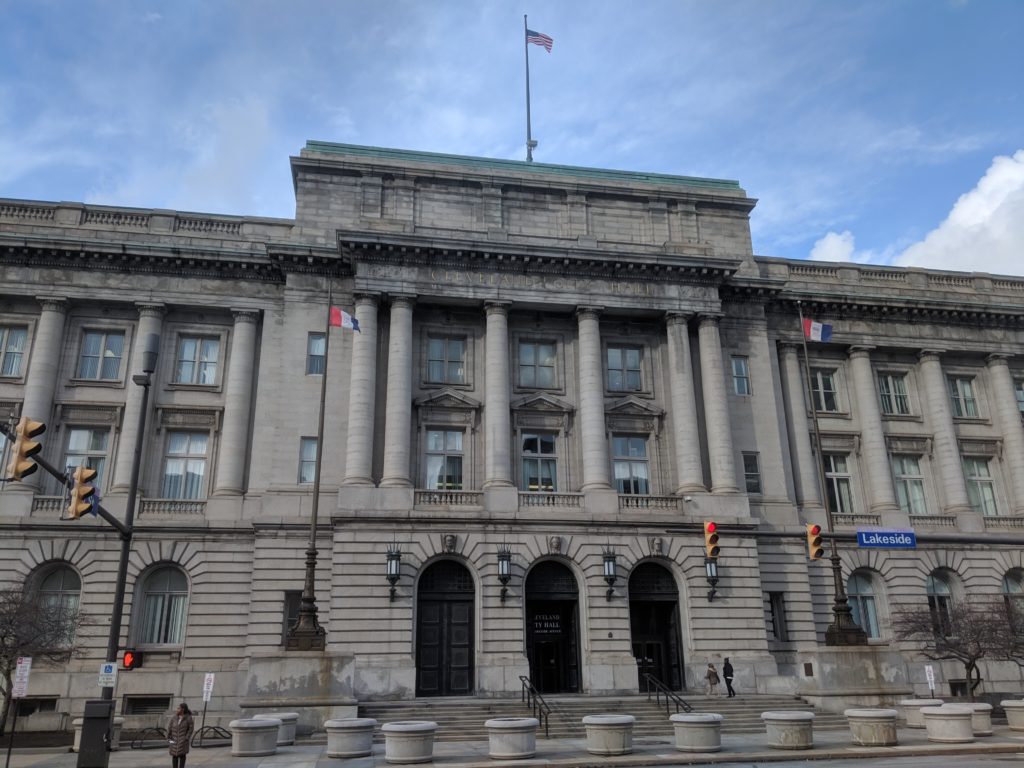History and Significance of Cleveland’s Town Halls: Town Hall Cleveland

Cleveland’s town halls have served as vital hubs for civic engagement and community dialogue for over a century. Their evolution reflects the changing needs and priorities of the city, while their enduring purpose underscores their importance in fostering a thriving democracy.
Evolution of Town Halls in Cleveland
The history of town halls in Cleveland is intertwined with the city’s growth and development. Early town halls served as administrative centers, providing a space for local government to conduct its business and interact with citizens. As Cleveland expanded, the need for larger and more accessible town halls became apparent. The iconic City Hall, completed in 1916, stands as a testament to this evolution, symbolizing the city’s ambition and civic pride.
Significance of Town Halls in Fostering Civic Engagement
Town halls play a crucial role in fostering civic engagement by providing a platform for citizens to connect with their elected officials and voice their concerns. These gatherings offer opportunities for open dialogue, allowing residents to share their perspectives on local issues and influence decision-making processes.
Role of Town Halls in Addressing Local Issues and Concerns
Town halls serve as forums for addressing a wide range of local issues and concerns, from neighborhood development and public safety to education and economic development. By bringing together residents, elected officials, and community leaders, town halls facilitate constructive dialogue and collaboration, leading to informed decision-making and effective solutions.
Types of Town Halls in Cleveland

Cleveland’s rich history of town halls encompasses a diverse range of formats, each serving unique purposes and engaging specific audiences. These gatherings are essential platforms for fostering civic engagement, addressing community concerns, and shaping the city’s future.
Public Forums
Public forums are open to all residents and provide a platform for discussing issues of public interest. These events typically feature presentations from experts, elected officials, or community leaders, followed by a question-and-answer session. Public forums are often organized by community groups, non-profit organizations, or government agencies to raise awareness, gather feedback, and encourage dialogue on topics that impact the community.
Community Meetings
Community meetings are smaller-scale gatherings focused on specific neighborhoods or issues. They offer a more intimate setting for residents to share concerns, brainstorm solutions, and collaborate with local leaders and organizations. These meetings can be organized by neighborhood associations, block clubs, or even individual residents who wish to address specific challenges or opportunities within their communities.
City Council Sessions
City council sessions are formal meetings where elected officials discuss and vote on legislation, policies, and budget matters. While open to the public, these sessions are primarily focused on the business of city government. Residents can attend to observe proceedings, provide public comment on agenda items, and stay informed about city policies and decisions.
Table Comparing Town Hall Types
| Type | Format | Participants | Purpose |
|---|---|---|---|
| Public Forums | Open to all residents, presentations, Q&A | Community members, experts, officials | Raise awareness, gather feedback, encourage dialogue |
| Community Meetings | Smaller scale, focused on specific neighborhoods/issues | Residents, local leaders, organizations | Share concerns, brainstorm solutions, collaborate |
| City Council Sessions | Formal meetings, legislation, policy discussions | Elected officials, public attendees | Government business, public comment, policy decisions |
Current Events and Issues Addressed at Town Halls

Cleveland’s town halls are platforms for residents to engage with local leaders, discuss pressing issues, and shape the future of their communities. They serve as vital spaces for dialogue, collaboration, and finding solutions to shared challenges.
Recent Town Hall Discussions
Recent town halls in Cleveland have reflected the city’s evolving needs and priorities. Key issues and concerns addressed include:
- Public Safety: Town halls have focused on crime prevention strategies, police-community relations, and resource allocation for public safety initiatives. For example, a recent town hall in the Hough neighborhood addressed concerns about rising crime rates and explored solutions like community policing programs and increased street lighting.
- Economic Development: Town halls have explored strategies for attracting new businesses, creating job opportunities, and supporting local entrepreneurs. One town hall in the downtown area discussed the impact of the city’s revitalization efforts on small businesses and explored ways to ensure equitable economic growth.
- Infrastructure Improvements: Town halls have addressed infrastructure needs, such as road repairs, public transportation upgrades, and investments in parks and recreation facilities. A recent town hall in the West Side Market area focused on improving access to fresh food and revitalizing the market as a community hub.
- Education and Youth Development: Town halls have examined challenges and opportunities in education, focusing on improving school quality, supporting youth programs, and addressing the needs of students from diverse backgrounds. A town hall in the Slavic Village neighborhood discussed strategies to address the achievement gap and provide equitable educational opportunities for all students.
- Environmental Sustainability: Town halls have explored ways to promote environmental sustainability, address climate change, and improve air and water quality. A recent town hall in the University Circle area discussed the city’s efforts to increase green spaces, promote sustainable transportation, and reduce carbon emissions.
Town Halls Addressing Local Challenges and Opportunities, Town hall cleveland
Town halls have been instrumental in addressing local challenges and opportunities. For example:
- Community Policing: Town halls have facilitated dialogue between residents and law enforcement officials, fostering trust and collaboration. This has led to the implementation of community policing programs that aim to reduce crime and build stronger relationships between police and the communities they serve.
- Neighborhood Revitalization: Town halls have brought together residents, business owners, and city officials to develop plans for revitalizing neighborhoods. This has led to investments in infrastructure, housing, and community amenities, contributing to the revitalization of areas like the historic Detroit Shoreway neighborhood.
- Public Health Initiatives: Town halls have played a vital role in addressing public health concerns, such as access to healthcare, mental health services, and substance abuse prevention. This has led to the development of community-based health programs and initiatives that promote wellness and address health disparities.
- Affordable Housing: Town halls have facilitated discussions about the need for affordable housing and explored strategies to increase housing options for low- and middle-income residents. This has led to the development of affordable housing projects and initiatives aimed at addressing the housing crisis in the city.
Current Events and Topics for Upcoming Town Halls
Upcoming town halls are likely to address issues that are currently at the forefront of Cleveland’s civic discourse. These include:
- The Impact of the COVID-19 Pandemic: Town halls will likely focus on the long-term effects of the pandemic on the city’s economy, public health, and social services. This will include discussions about economic recovery strategies, addressing health disparities, and providing support for vulnerable populations.
- Racial Equity and Social Justice: Town halls will likely address issues related to racial equity, social justice, and systemic racism. This will include discussions about police reform, economic inequality, and access to education and healthcare.
- Climate Change and Sustainability: Town halls will likely address the city’s efforts to mitigate climate change and promote sustainability. This will include discussions about green infrastructure, renewable energy, and reducing carbon emissions.
- Infrastructure Investments: Town halls will likely focus on the need for infrastructure investments, including improvements to roads, bridges, public transportation, and water systems. This will include discussions about funding sources, project priorities, and the impact of these investments on the city’s economy and quality of life.
- Education Reform: Town halls will likely address issues related to education reform, including improving school quality, addressing the achievement gap, and providing equitable educational opportunities for all students. This will include discussions about funding, curriculum, and teacher training.
